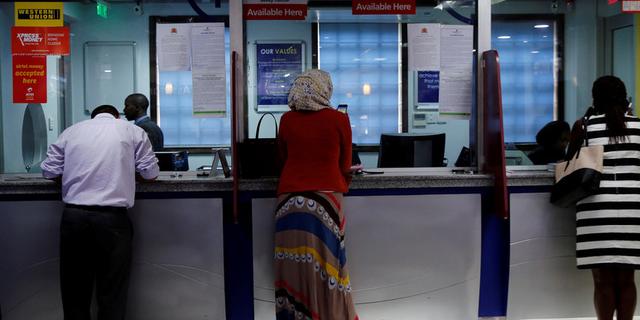Favourable demographics, economic growth in the past decade, and innovation in payments infrastructure are working to define the future of payments in Africa.
African businesses, whether small traders or large corporations need reliable payment solutions tailored to their specific needs. In the past decade, payment startups have attempted to solve challenges facing the continent’s payment ecosystem, with many wins and a few drawbacks.
African fintechs have come a long way, but much more still needs to be done, according to payments experts during a panel discussion at Moonshot by TechCabal in Lagos on Thursday.
“All these African financial systems should work together to give customers seamless transactions across borders. For instance, you should be able to use mobile money while in Ghana and Kenya,” said Unini Campbell, BudPay chief commercial officer.
Despite the regulatory headwinds, funding drought, and security breaches, African fintechs have shown resilience, building platforms that respond to local challenges.
However, the panelists said, that interconnection and interoperability, which should help integrate various payments systems on the continent to deliver seamless cross-border transactions, is still low.
Egypt, Ghana, Kenya, Nigeria, and South Africa—have all managed the transition to digital payments faster than the rest of the continent. The five have delivered the appropriate infrastructure and policies that are driving the growth of e-payments.
Yet, transacting across the borders of the continent’s biggest payments markets is still a challenge. While Nigeria has made progress in card payments, travellers have reported cases where their cards get rejected.
In some African countries like Sierra Leone, P2P, and C2B payments can take up to five days, slowing trade.
“We are very good at creating policies in Africa, but how are we adapting the policies to ensure that if you have a license in Nigeria, you can use it across the other markets in Africa,” said Tolulope Adeyinka, MasterCard’s fintech business development lead, West Africa.
“African fintech companies are very audacious and resilient. They have worked to solve problems with localised solutions. If policies are right, then we will be able to attract capital and talent.”
It is projected that by 2025, both domestic and cross-border payment volumes in Africa will hit 200 billion. This growth will be driven by young, urbanised consumers.
“The growth of domestic payments like Verve in Nigeria has been great. We are heading there, despite the challenges that the sector is facing,” said Wiza Jalakasi, Ebanx director of Africa market development.















